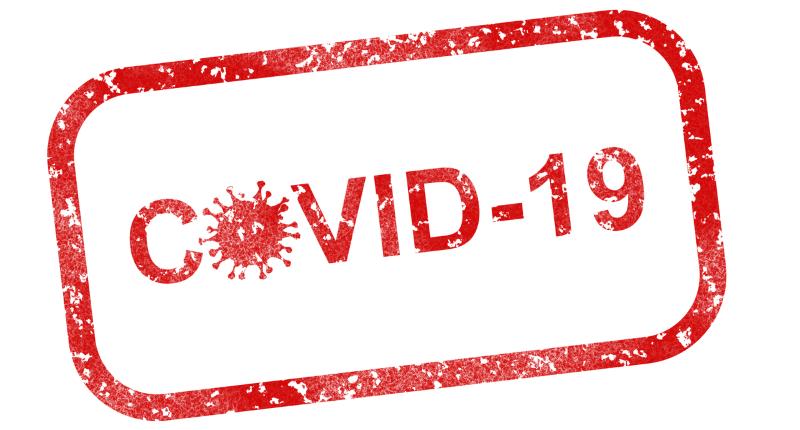
What Have We Learnt From Covid-19?
Posted on 07 July, 2020 at 09:50
By Kudakwashe Ngoma
With unprecedented changes sweeping nearly every institution across the globe, COVID-19 has taken a few months to single-handedly redefine life as we know it. Inexorably transformed is the workforce as it shifts to accommodate the new normal – new modes of communication, new work patterns, and new team dynamics. COVID-19 has forced the world into a new reality. We have to self-isolate yet remain connected to our work and stakeholders. But amidst all the change, there is a silver lining – the invaluable lessons we’ve learnt on supporting our operations even in the strangest of circumstances:
Social is key.
Using social is the best way to connect with workers, remote or otherwise – but this isn’t the social most would imagine. While social media does play a powerful role in connecting workers, stakeholders, and organizations, the “social†referred to here is a bit more nuanced. It refers to an organization enabling employees to work together, with a solution built to support collaboration and communication using workflows across teams, departments, regions, and countries. The goal is to enable these critical working alliances with a flexible and scalable unified platform, replacing manual workflows and eliminating multiple siloes to protect organisations – especially in times of need.
Always Plan for the unexpected.
It’s worth emphasising that
planning should not be too focused on specific risks. Your plan must also be
able to be adapted to cope with the unexpected. Nobody foresaw the extent of
Covid-19 and the rapidity with which the global response escalated—but those
who had a flexible plan have proved to be more resilient and agile than others.
Work with experts.
Organisational sustainability & continuity
planning and implementation are really jobs for a specialist, so work with one.
The fluidity and volatility of the operating environment under the Covid-19
circumstances reduces the allowable margin of error for organisational
management to minimum possible, thus this may not be the best possible time for
experiments. Making use of experts helps does not only warranty top drawer
solutions from seasoned experts, but would also give more credibility and
confidence to the organisation, especially in the eyes of the donors.
The cloud is an essential piece
of business infrastructure.
It should come as a surprise to
no one that cloud computing is here to stay – and in light of recent
developments, in fact among the most valuable technology on offer. As on-demand
needs skyrocket, the cloud responds in turn; providing anyone with an internet
connection unlimited access to a vast collection of applications and tools. The
current crisis has shown just how big a role digitalisation and everything it
implies plays in enabling agility and quick response to the unexpected.
Community service has never been
more important
Across the country, in the midst
of the worst economic pressure, we’re seeing community service bloom.
Restaurants are feeding the hungry, and community organizations are sewing PPE
for healthcare workers — with local and national retailers providing supplies
and more. On the opposite side, local groups rallied with GoFundMe pages to
support businesses and laid-off employees. Funds are being collected and
distributed to those in need. For small and medium-sized organisations,
community is everything. The support you were able to provide to your neighbours
and the support you received from them has never been more important. You are a
part of your community; they rely on you. That goodwill is enormous.
Overall, the key message for organisations
should be the need to build resilience into their DNA. The ability to react
quickly and decisively to change, and to be able to recover quickly from a
disaster, is central to long-term sustainability. Call us at KFM Consultants for organisational disaster responsiveness assessment or financial
sustainability consultations.
